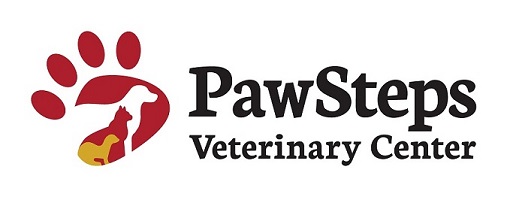Library
-
There are multiple methods of inheritance that determine which characteristics (or phenotypes) are displayed by the offspring, including autosomal dominant, autosomal recessive, and sex-linked inheritance. There are also many polygenic traits (i.e., associated with multiple genes) as well as environmental factors that make it much more complicated to predict disease or the likelihood of passing disease onto offspring.
-
If your pet had an emergency crisis, how would you manage it? Ask your veterinary hospital how they handle after-hour emergencies. Use this handout to help you plan ahead and be prepared in the event of a pet-health emergency.
-
Hypochlorous acid (HOCl) topical is used for the management of skin conditions such as wounds, abscesses, cuts, abrasions, skin irritations, ulcers, post-surgical incision sites, and burns. It may be used to prevent or treat bacterial skin infections, including methicillin-resistant staphylococcus aureus (MRSA). Hypochlorous acid also has antifungal and antiviral properties and is reported to reduce inflammation, pain, and itching.
-
Itraconazole is given by mouth in the form of a capsule, tablet, or liquid to treat fungal infections in cats and for off-label treatment in dogs and small mammals. The most common side effects are anorexia, vomiting, liver toxicity, skin lesions, or limb and vessel swelling. It should not be used in pets with liver disease or low stomach acid production, and used with caution in pregnant, lactating, or pets with heart disease.
-
Ketoconazole is an antifungal given by mouth in the form of a tablet, used off label to treat fungal infections in dogs, cats, small mammals, and reptiles. The most common side effects are vomiting, diarrhea, lack of appetite, and weight loss. Do not use in pets that are allergic to it and use extreme caution when using in cats or pregnant pets.
-
Ketoprofen is given by mouth in the form of a capsule or tablet to treat pain and inflammation in dogs and horses. It’s use in animals is off label. Do not use this medication in pets that are allergic to it, or in pets concurrently using corticosteroids or other NSAIDs. If a negative reaction occurs, call your veterinary office.
-
Lactulose is used off label and is given by mouth to treat high blood ammonia levels and constipation in dogs, cats, birds, and reptiles. The most common side effects are diarrhea, bloating, gas, and abdominal cramping. Do not use in pets that are allergic to it or in pets with intestinal blockage/obstruction.
-
Leopard geckos make great pets for children and adults. They do not require elaborate habitats and they have a 10–15-year lifespan with good health care, a clean environment, and proper feeding.
-
Grief is the normal and natural response to the loss of someone or something. It is a full body experience that includes physical, emotional, cognitive, social, and spiritual responses. The best way to manage your grief is to be reassured that these reactions are normal and to let them run their natural course. Grieving takes time. Usually it gradually lessens in intensity over time, but if it doesn’t, then professional counseling may help.
-
Marbofloxacin is given by mouth and is used on and off label to treat certain bacterial infections including leishmaniasis, tuberculosis, and hemoplasmosis. Common side effects include vomiting, diarrhea, and lack of appetite. Do not use in pets that are allergic to it or other quinolones, or in small and medium breed dogs before 8 months of age, in large breed dogs before 12 months of age, in giant breed dogs before 18 months of age, or in cats before 12 months of age. If a negative reaction occurs, please call your veterinary office.

